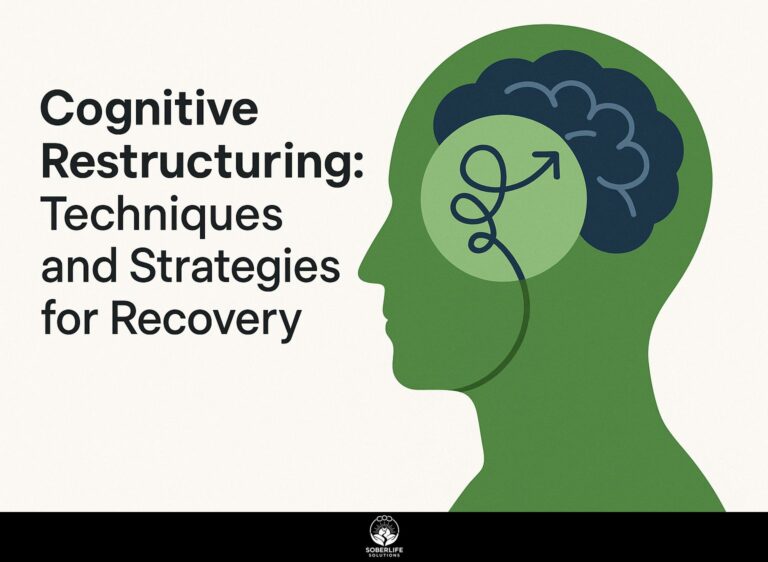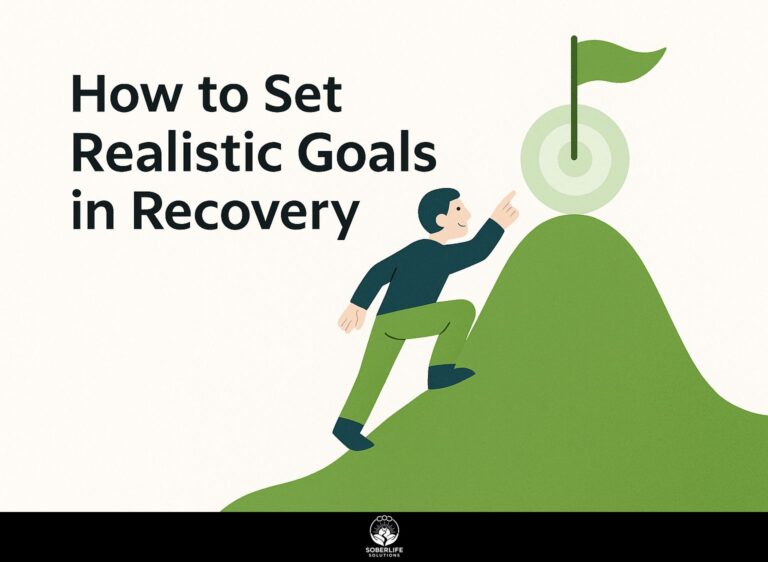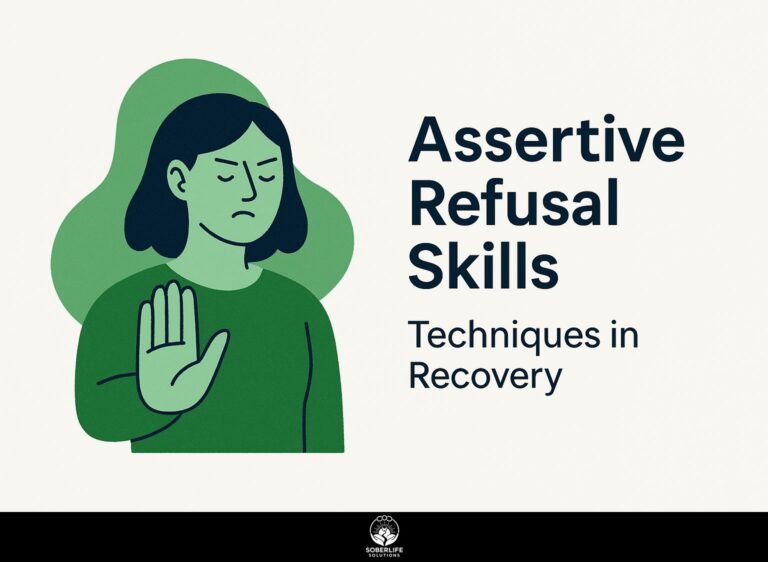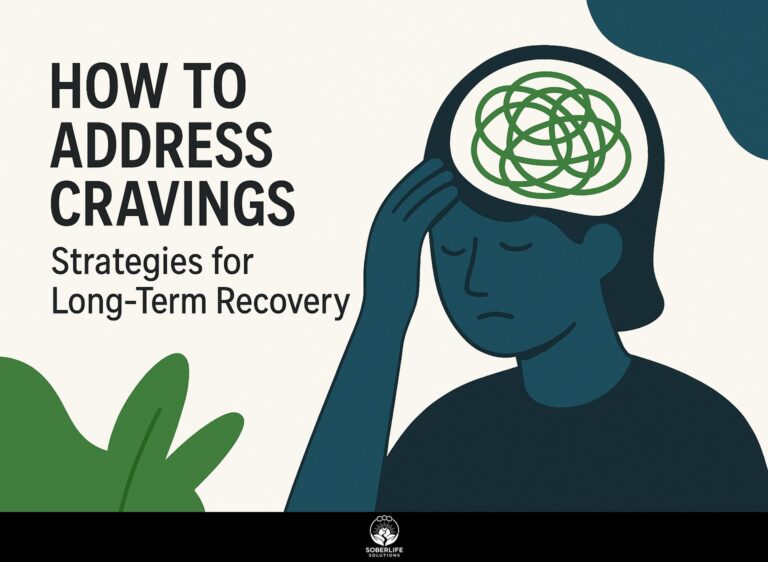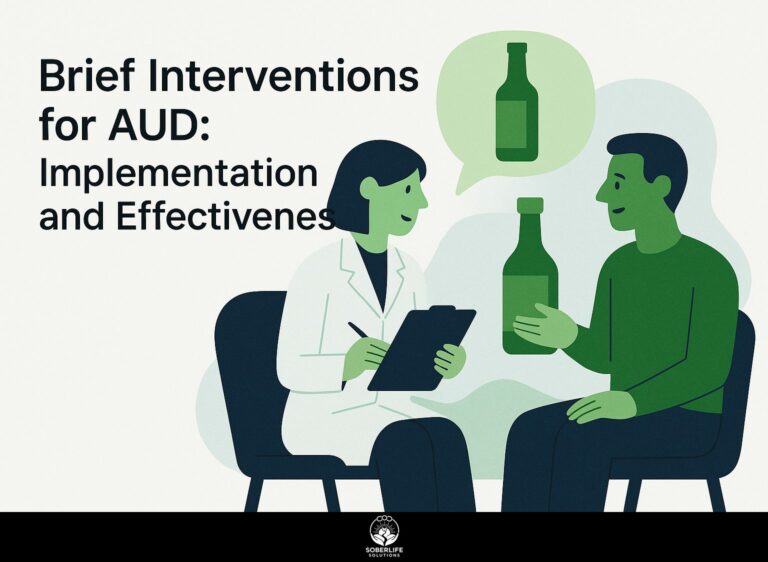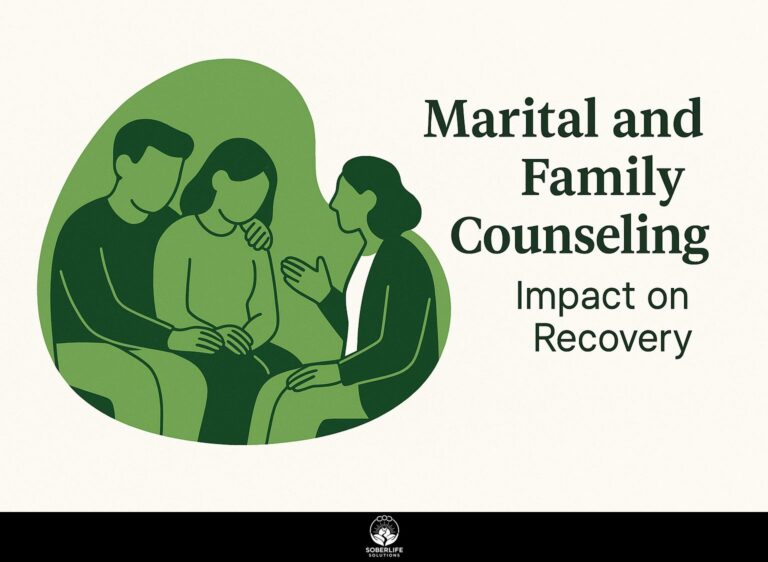Family Therapy: Process and Importance in Alcoholism Recovery
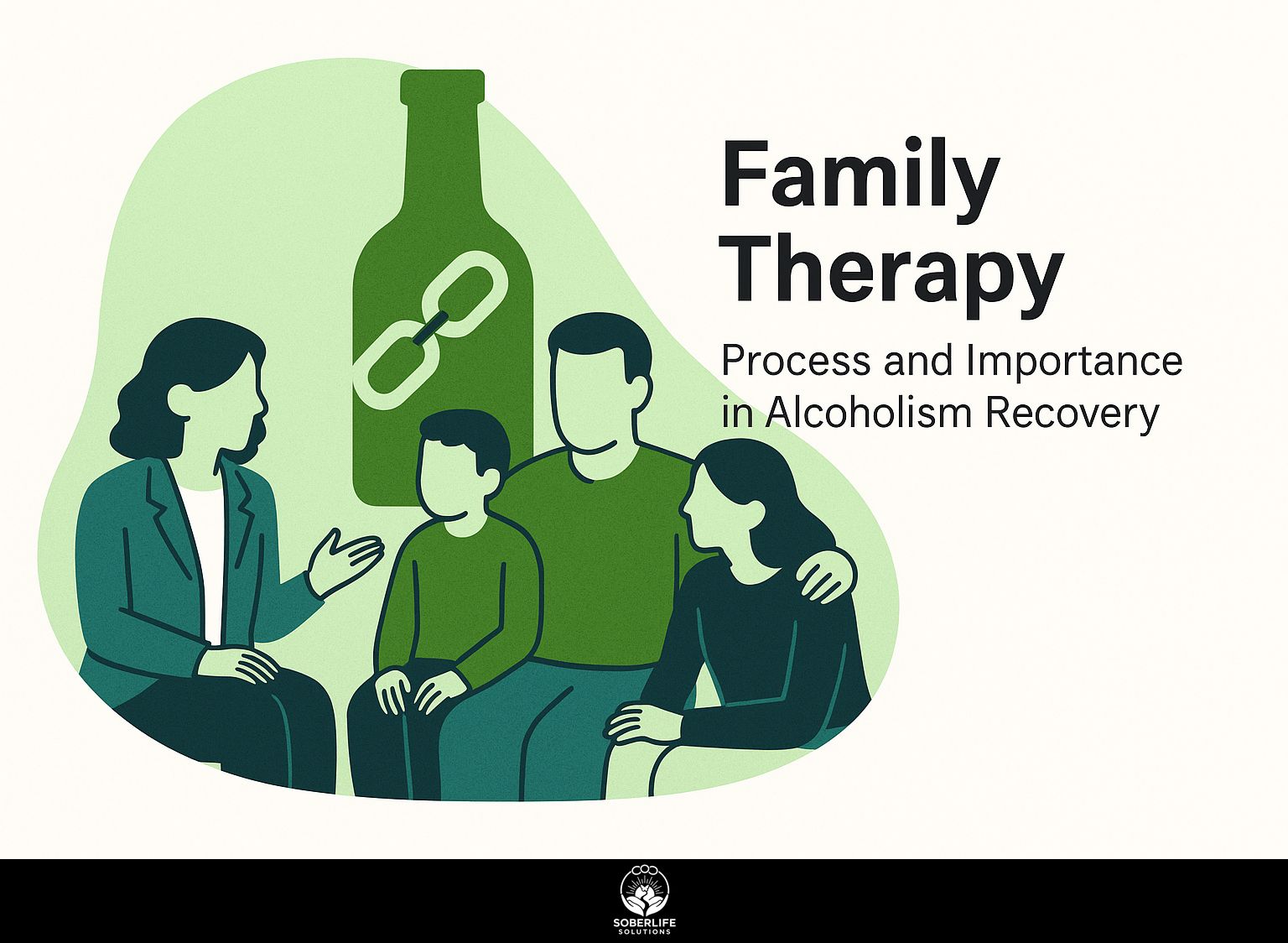
Family therapy is important for dealing with alcohol use disorder (AUD) by improving how families work together and strengthening their support systems. Since alcoholism affects both the person and their family, knowing these relationships is important for successful recovery. This article looks at family therapy, its role in dealing with AUD, and how it can lead to better communication and relationships, helping achieve long-term recovery and healing.
Key Takeaways:
2.
3.
Definition and Overview
Family therapy looks at how family relationships and interactions affect personal behaviors tied to alcohol use disorder.
This approach uses methods such as family systems theory, which suggests people can’t be completely understood without looking at their family background.
Therapists use genograms to create diagrams of family connections, helping to find behavior patterns related to alcohol use. In fact, Psychology Today discusses how family systems therapy can illuminate these connections through comprehensive diagrams.
Therapies such as structural family therapy help change how families interact, promoting better communication and support within the family.
By tackling these root problems, people can manage their recovery from alcohol use disorder more effectively, resulting in lasting change and stronger emotional strength. This approach can significantly enhance recovery outcomes; explore how targeted strategies can boost recovery and vigor in AUD treatment.
Relevance to Alcoholism Recovery
Involving family members in therapy can greatly improve recovery results, as family relationships greatly influence changes in individual behavior.
Studies show that people with Alcohol Use Disorder (AUD) recover more effectively when they receive family therapy.
A study from the Journal of Substance Abuse Treatment found that participants involved in family therapy were three times more likely to reduce their alcohol consumption than those who participated in individual therapy alone.
Implementing tools like the Behavioral Family Therapy model can be particularly effective. This approach promotes open communication, improves emotional support, and helps family members learn about AUD, creating a better environment for recovery. For those interested in a comprehensive overview, this analysis by the Journal of Substance Use and Addiction Treatment covers the full spectrum of implications.
The Influence of Family Relationships on Alcohol Addiction
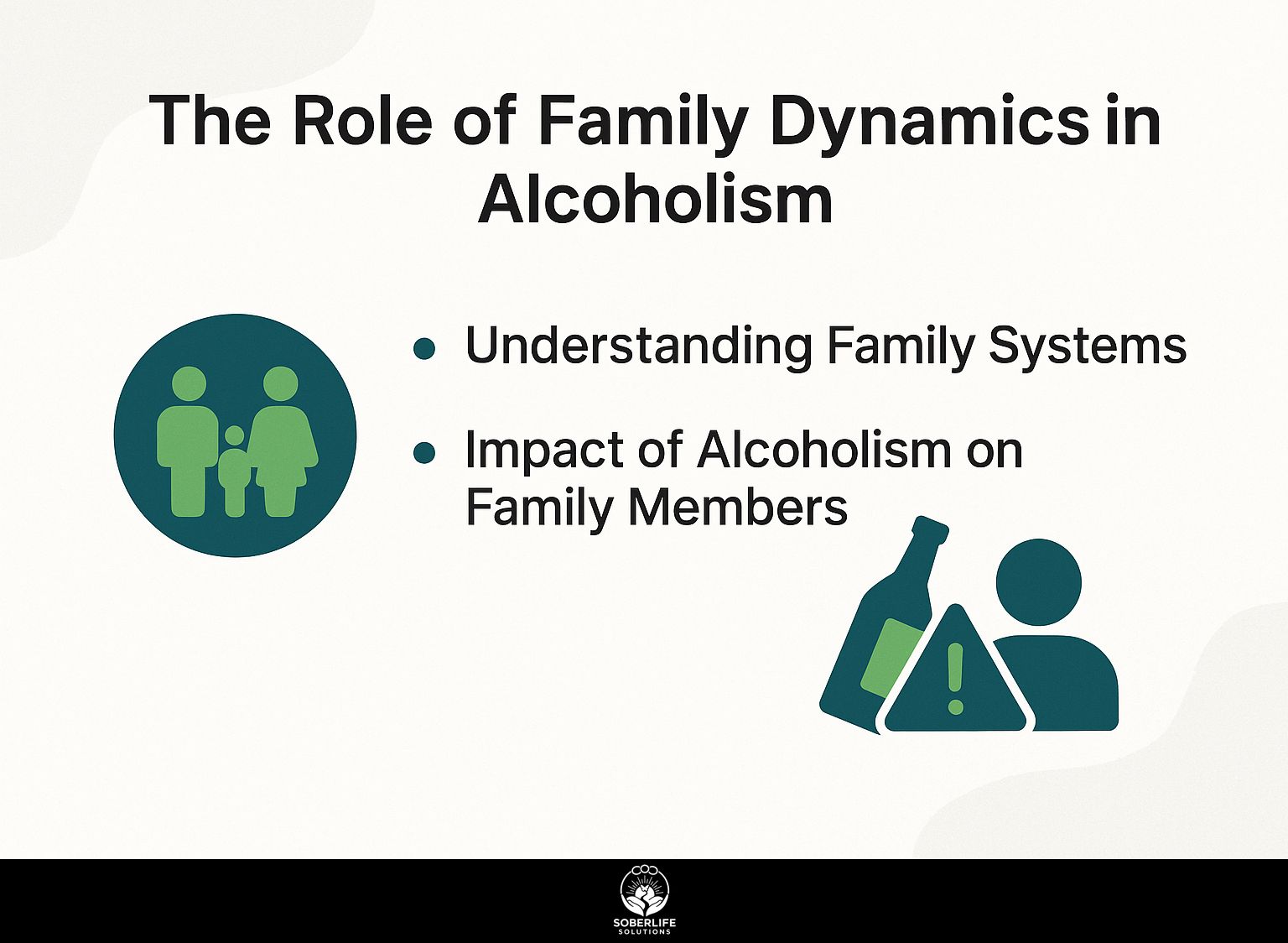
Family relationships play an important role in how alcohol use disorder develops and improves, affecting both the person’s treatment and the well-being of the family. Engaging in peer support groups can be particularly beneficial, as these groups provide a supportive environment for loved ones to navigate the complexities of addiction and recovery.
Understanding Family Systems
Family systems theory suggests that family members are linked, so a change in one person can influence the entire family, which is important in dealing with AUD.
In many families dealing with alcohol use disorder (AUD), behaviors often become cyclical. For example, one common pattern is the ‘enabler’ role, where a family member facilitates another’s drinking, believing they’re helping. This could mean covering up for the drinker’s behavior or concealing the consequences.
Another pattern is the ‘scapegoat,’ typically a family member who outwardly expresses the family’s dysfunction, potentially distracting from the real issues.
Tools like family therapy can break these habits by encouraging open communication and setting healthy boundaries. This allows family members to help each other in the recovery process. Understanding the availability and benefits of cost-free counseling for AUD recovery can be a critical next step in supporting these efforts effectively.
Impact of Alcoholism on Family Members
Alcoholism causes serious emotional pain for the person struggling with it and their family, leading to tense relationships.
This distress often manifests as anxiety and depression among family members, with studies indicating that up to 75% of spouses of alcoholics report significant mental health issues.
Kids in these settings might face interruptions in their emotional growth, causing problems like low self-worth and behavior issues.
Resources such as Al-Anon, which offers support for families, can be instrumental in helping loved ones cope. For further assistance, the SAMHSA National Helpline provides essential support for mental health, drug, and alcohol issues.
Knowing these effects is important for both family members and professionals to provide compassionate and informed support.
Process of Family Therapy
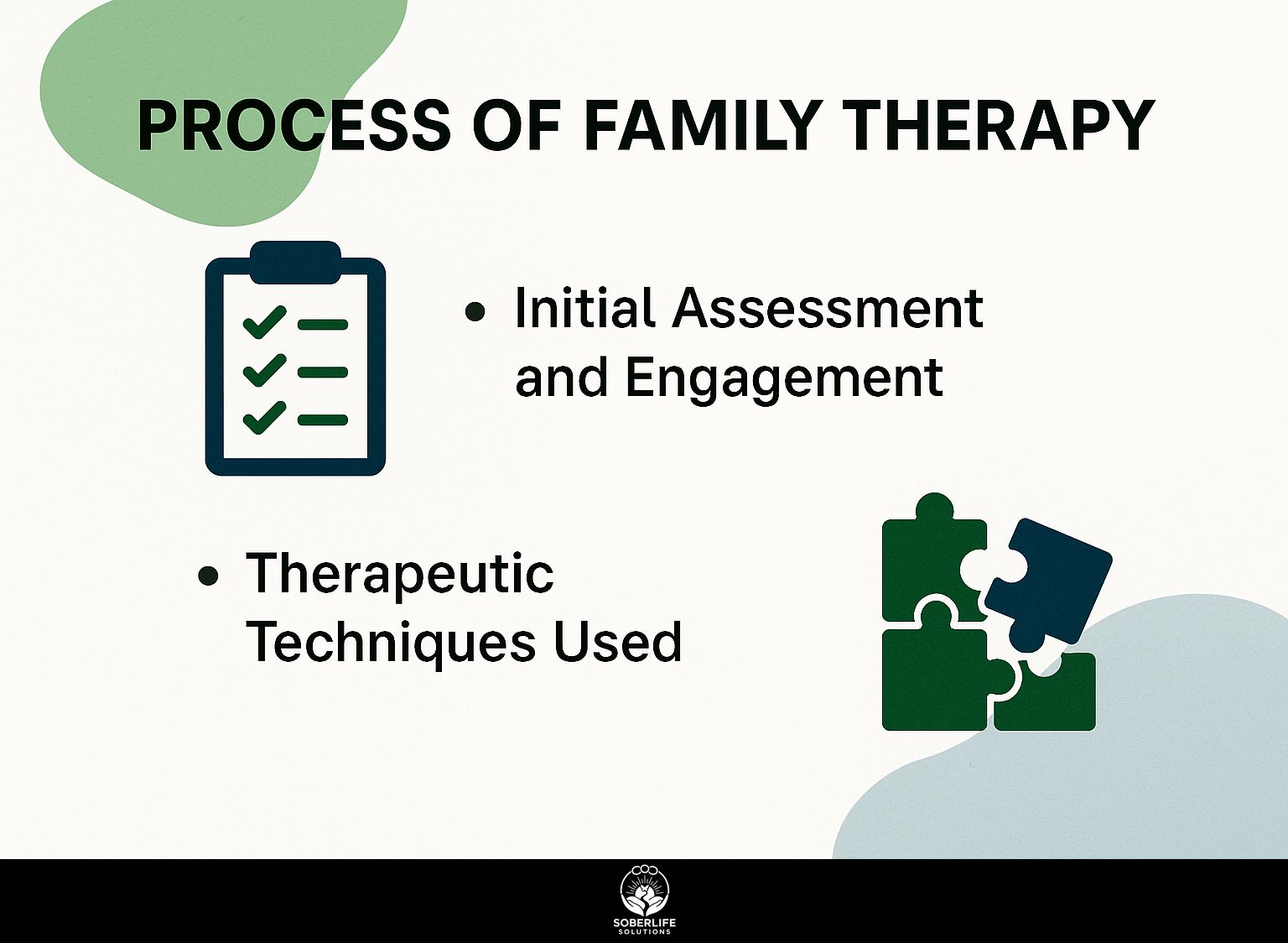
Family therapy usually includes a set of planned meetings that evaluate and involve families using different therapy methods, including approaches tailored specifically for AUD recovery. Couples and family counseling play a significant role in this context, offering numerous benefits (as detailed in our guide on the subject).
Initial Assessment and Engagement
The first step is for everyone in the family to talk openly and get involved to see how they relate and what each person contributes.
To help with this, using tools like the Genogram can be very useful. This visual representation maps out family relationships and patterns, helping to identify strengths and areas for improvement.
Family meetings let everyone express their thoughts and emotions freely. Using techniques like active listening and reflective questioning encourages deeper engagement.
For example, asking questions like ‘What do you think about how our family gets along?’ can start important conversations that reveal hidden problems and help build closer relationships.
Therapeutic Techniques Used
Therapeutic methods in family therapy include cognitive behavioral therapy and behavioral couples therapy, each focused on promoting healing and minimizing disagreements.
Cognitive Behavioral Therapy (CBT) changes harmful thought patterns and helps family members understand how alcohol use impacts their relationships. For example, a therapist may guide a family to identify harmful beliefs that exacerbate tension, such as blame or guilt.
Behavioral Couples Therapy, on the other hand, emphasizes improving communication skills and conflict resolution strategies. Families can act out situations to practice these skills, leading to better teamwork and cooperation.
These methods help the person with alcohol issues and make family life better by promoting cooperation and finding solutions together.
Benefits of Family Therapy in Recovery
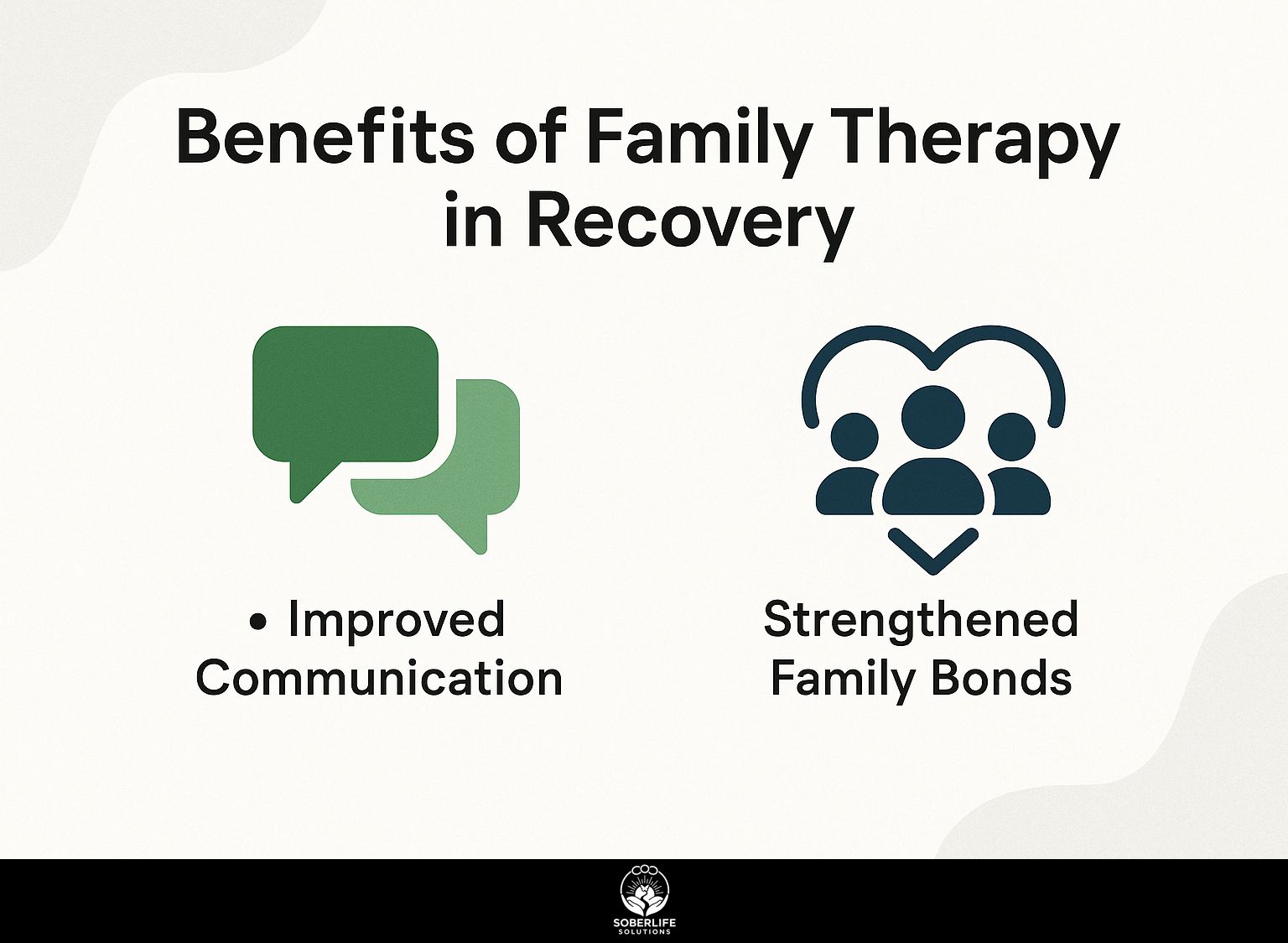
Family therapy plays a big role in the recovery from alcohol problems by helping family members talk better and build stronger relationships. As mentioned in our discussion on Couples and Family Counseling for AUD Recovery, these sessions can significantly enhance communication and understanding within the family unit.
Improved Communication
Learning how to communicate well in family therapy can decrease confusion and improve family relationships.
Families can use various practical methods to make their interactions better.
- Establish regular family meetings to encourage open dialogue; these sessions can cover both challenges and achievements.
- Use ‘I’ statements instead of ‘you’ statements to express feelings without placing blame, such as saying, ‘I feel frustrated when…’. This fosters an empathetic environment.
- Make sure to practice active listening by having each person repeat what they heard before they reply, to clear up any confusion.
Using these methods every day will gradually build mutual respect and knowledge of each other.
Strengthened Family Bonds
Improving family connections through therapy helps people recovering from AUD and creates a long-term support system.
Family therapy sessions offer a safe space for open communication. For instance, a family that participated in therapy together was able to address underlying resentments and rebuild trust through facilitated discussions.
Tools like the Genogram can show family relationships, exposing patterns that play a role in a person’s struggle with alcoholism. Techniques like role-playing help family members see from each other’s point of view.
These practices help families work together on support methods, creating a consistent approach in the recovery process.
Challenges in Family Therapy
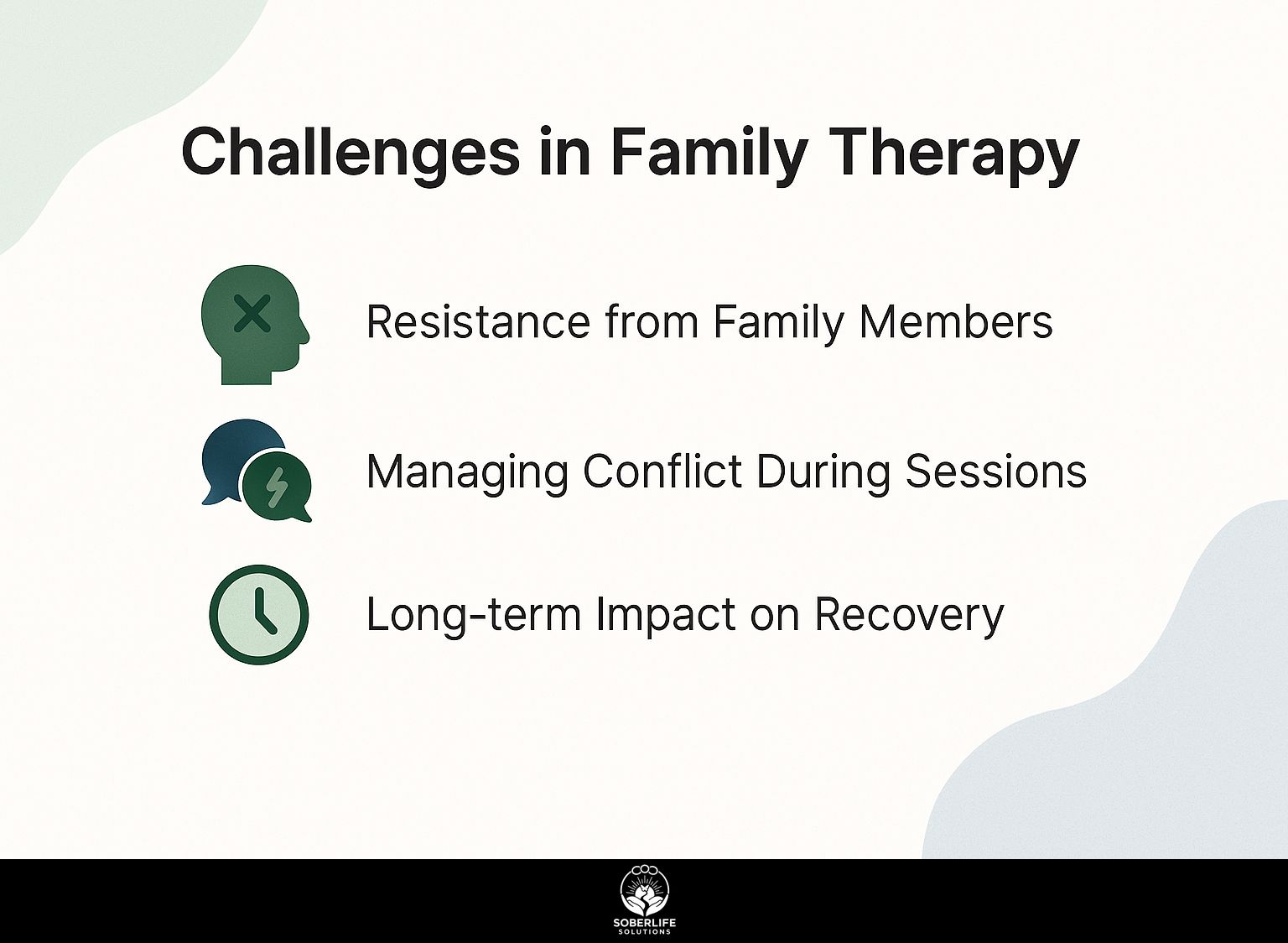
Family therapy encounters various difficulties, such as family members not wanting to participate and handling disagreements that can occur during sessions.
Resistance from Family Members
Resistance from family members can manifest in various forms, significantly hindering the therapy process and recovery from AUD.
Therapists can use various effective methods to address this.
- First, engage family members through open and empathetic communication to understand their concerns.
- Facilitate family therapy sessions where members can express feelings safely.
- Using motivational interviewing techniques can also help, as it encourages personal reflection on the impact of addiction.
- Teaching people about Alcohol Use Disorder can help them better understand it, leading to more support from family members.
- Tools like the Family Intervention Model can guide therapists in structuring these conversations effectively, leading to a more inclusive and positive therapeutic environment.
Managing Conflict During Sessions
Managing conflicts effectively during family therapy sessions involves employing specific negotiation skills and conflict resolution strategies.
One effective method is active listening. This involves giving each family member the space to express their feelings without interruption, which can help de-escalate tensions.
For instance, after a family member talks, the therapist might say, “I think you’re saying…” to make sure they heard correctly.
Another technique is role-playing, where family members pretend to be each other to show their points of view. This can help people recognize and reveal hidden problems.
Setting ground rules about respectful communication can create a safe environment, allowing productive discussions to unfold.
Long-term Impact on Recovery
The lasting effects of family therapy on overcoming Alcohol Use Disorder can be significant, leading to better family relationships and ways to handle challenges.
Families that engage in therapy often report improvements in communication and trust. For example, one family, after 12 sessions of therapy, noted a 70% decrease in conflicts during family gatherings.
Tools such as Emotionally Focused Therapy (EFT) can help families reconnect by identifying and altering emotional responses. Case studies reveal that families utilizing mindfulness practices alongside therapy reported improved emotional regulation.
These effects help improve the ability to handle upcoming difficulties, with many families saying that the skills learned remain useful even years afterward.
Frequently Asked Questions
What is family therapy and how does it relate to alcoholism recovery?
Family therapy is a type of psychological treatment that involves working with a therapist and your family to address and resolve issues related to alcoholism. It looks at how family interactions affect the issue and helps improve communication and support among family members.
What is the process of family therapy for alcoholism recovery?
Family therapy usually includes a few meetings with a therapist where everyone in the family takes part. The therapist will look at behavior patterns in the family and examine how these might be linked to the alcohol use. Through open communication and problem-solving, the family can work towards healthier ways of coping and supporting each other.
Why is family therapy important in alcoholism recovery?
Family therapy is important in alcoholism recovery because it helps address the underlying issues that contribute to the problem. Alcoholism is often caused by a mix of genetic, mental, and environmental reasons, and family therapy helps find and deal with these reasons for a more complete and successful recovery process.
Who can benefit from family therapy in alcoholism recovery?
Anyone struggling with alcoholism and has family members or loved ones who want to support them can benefit from family therapy. It can also be helpful for family members who may have been impacted by the individual’s alcohol use and want to better understand and cope with the situation.
What are some of the goals of family therapy in alcoholism recovery?
The goals of family therapy in alcoholism recovery include improving communication, addressing family dysfunction, building healthy coping skills, and developing a strong support system. It helps family members learn and support the person during recovery.
Can family therapy be effective if the individual with alcoholism is not willing to participate?
Yes, family therapy can still be effective in alcoholism recovery even if the individual struggling with alcoholism is not willing to participate. The therapy can help family members learn and handle the situation better, which can have a positive effect on the person’s recovery.

